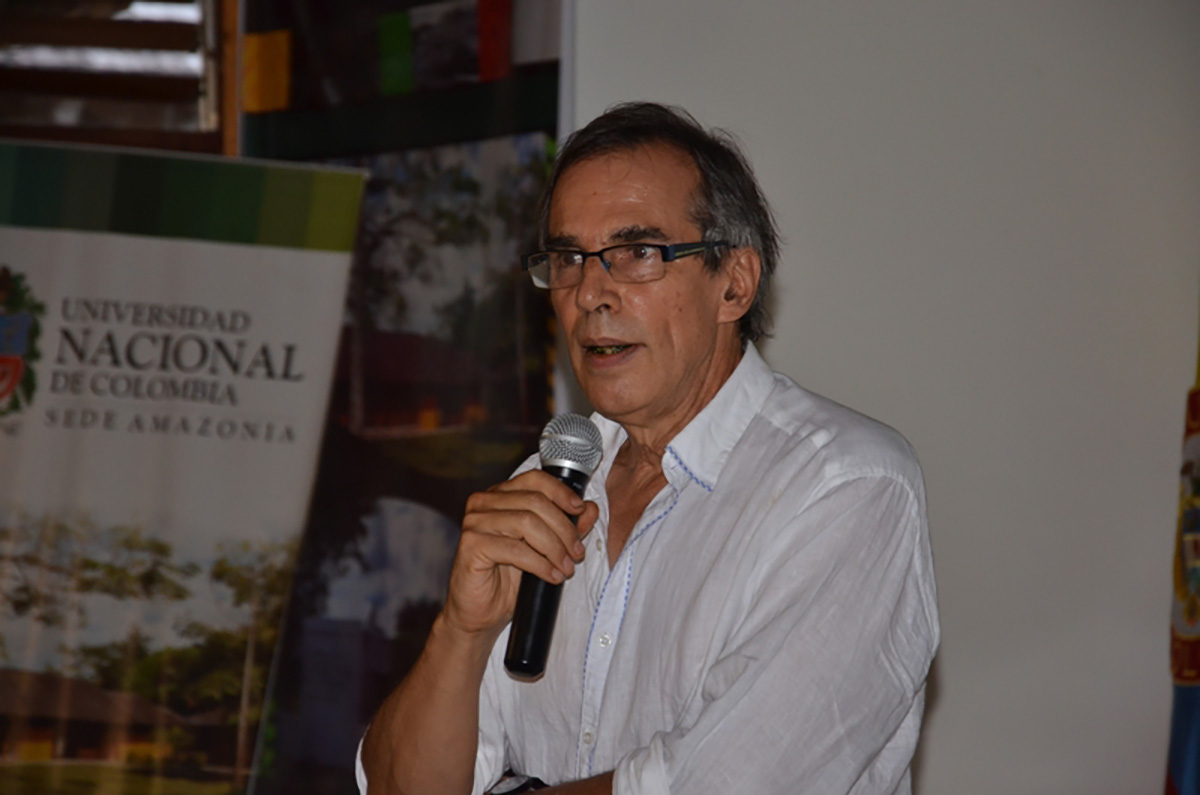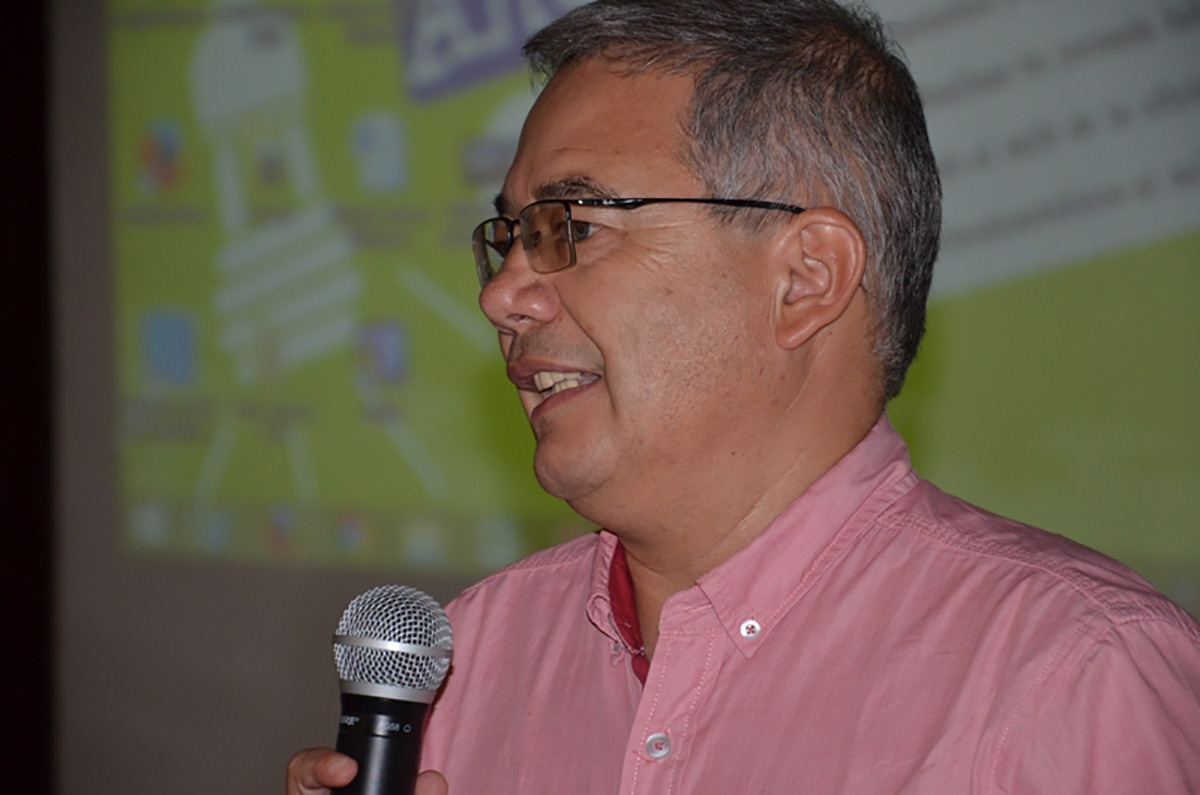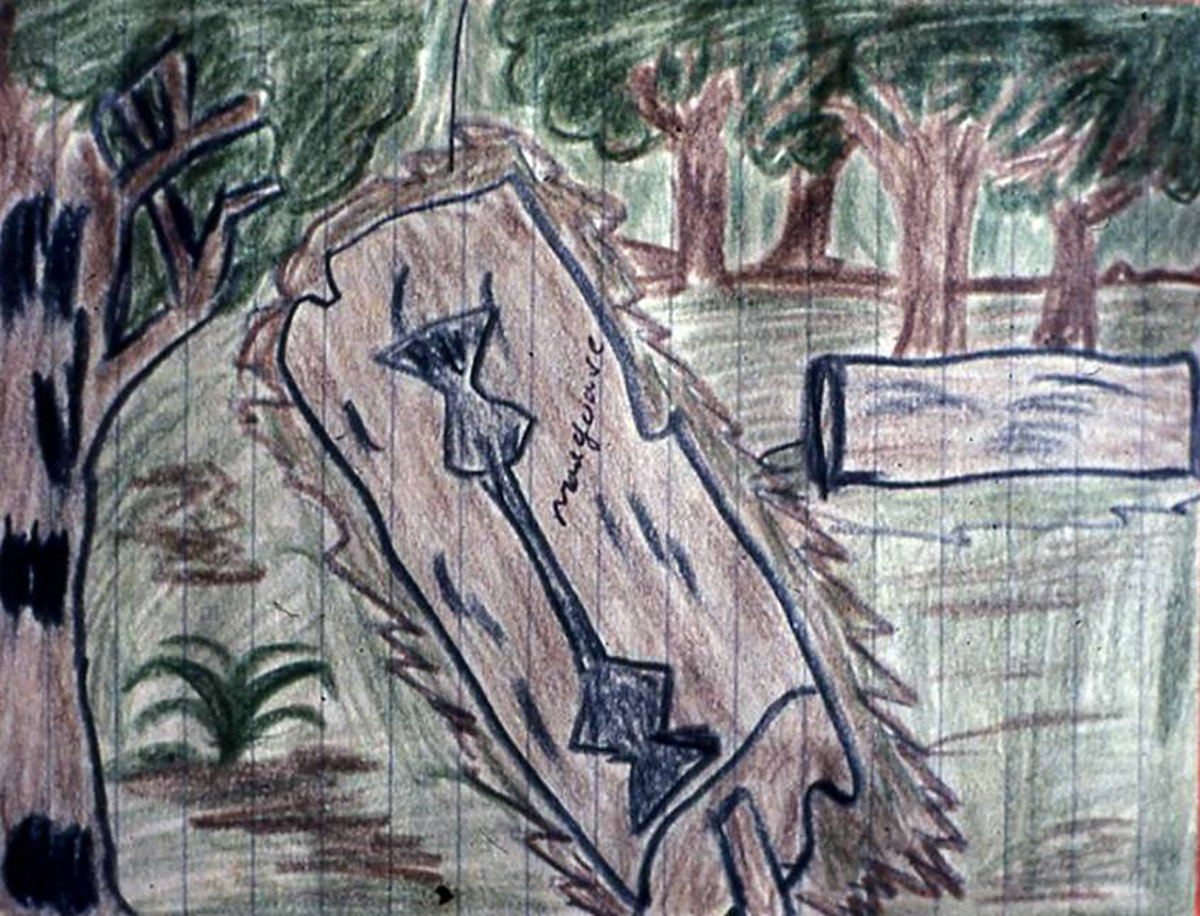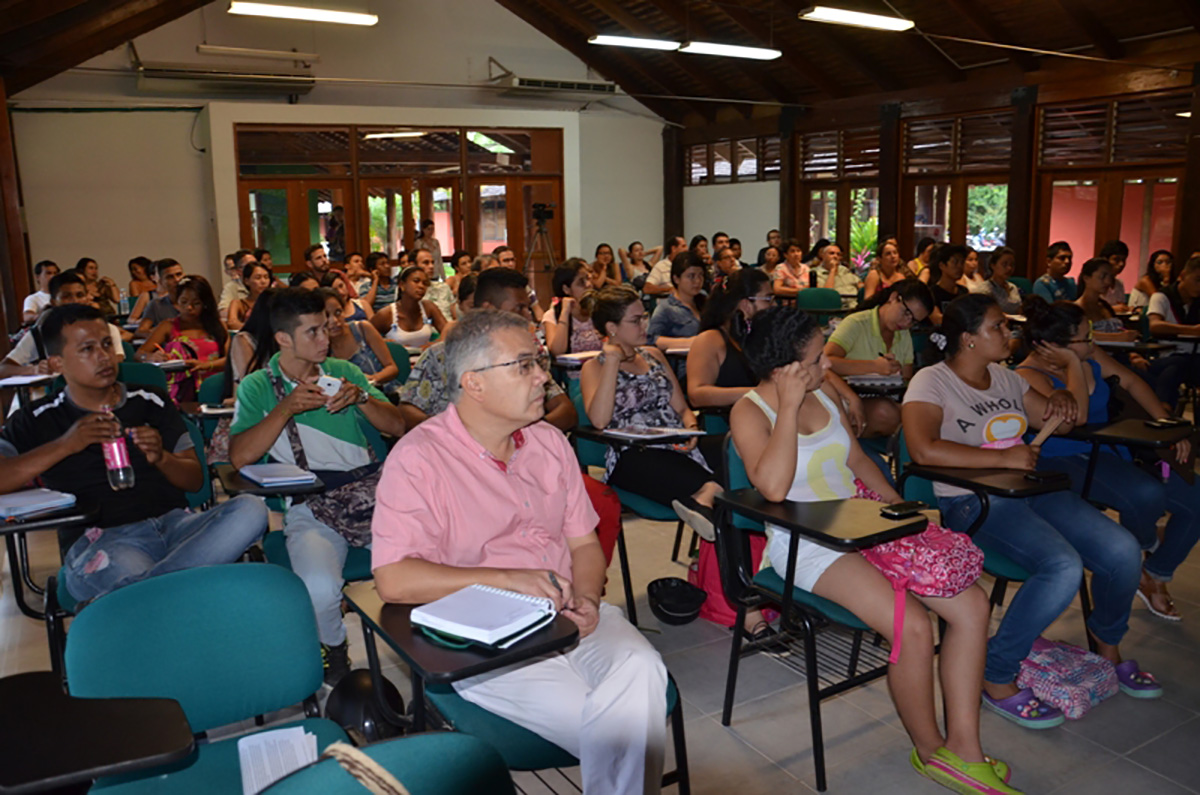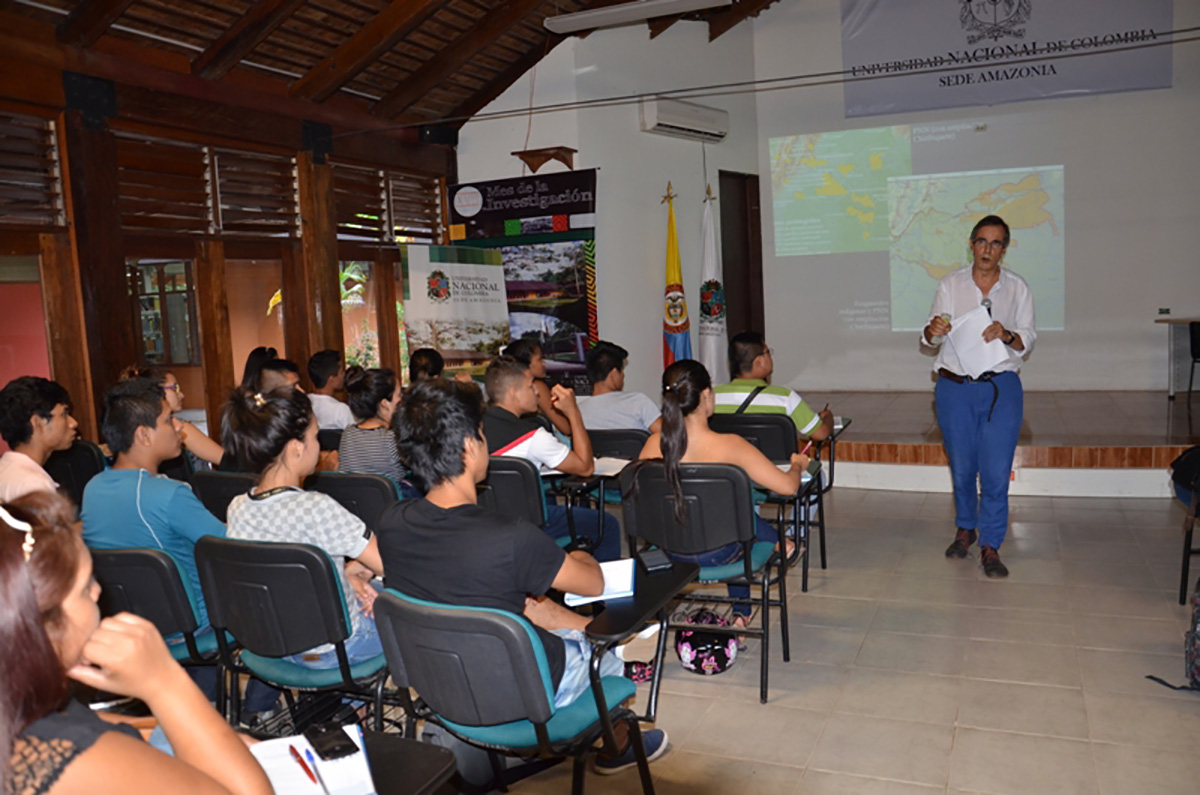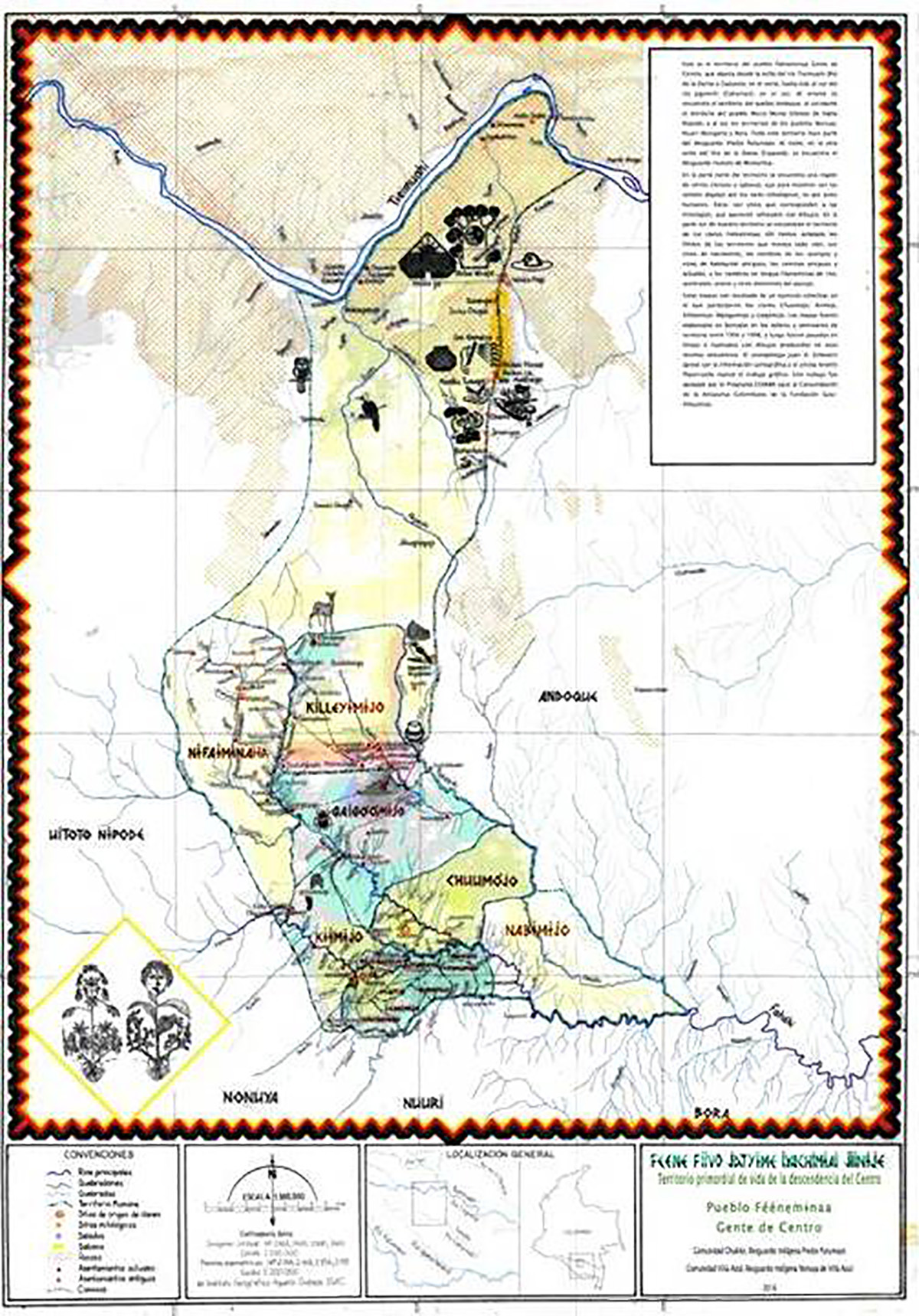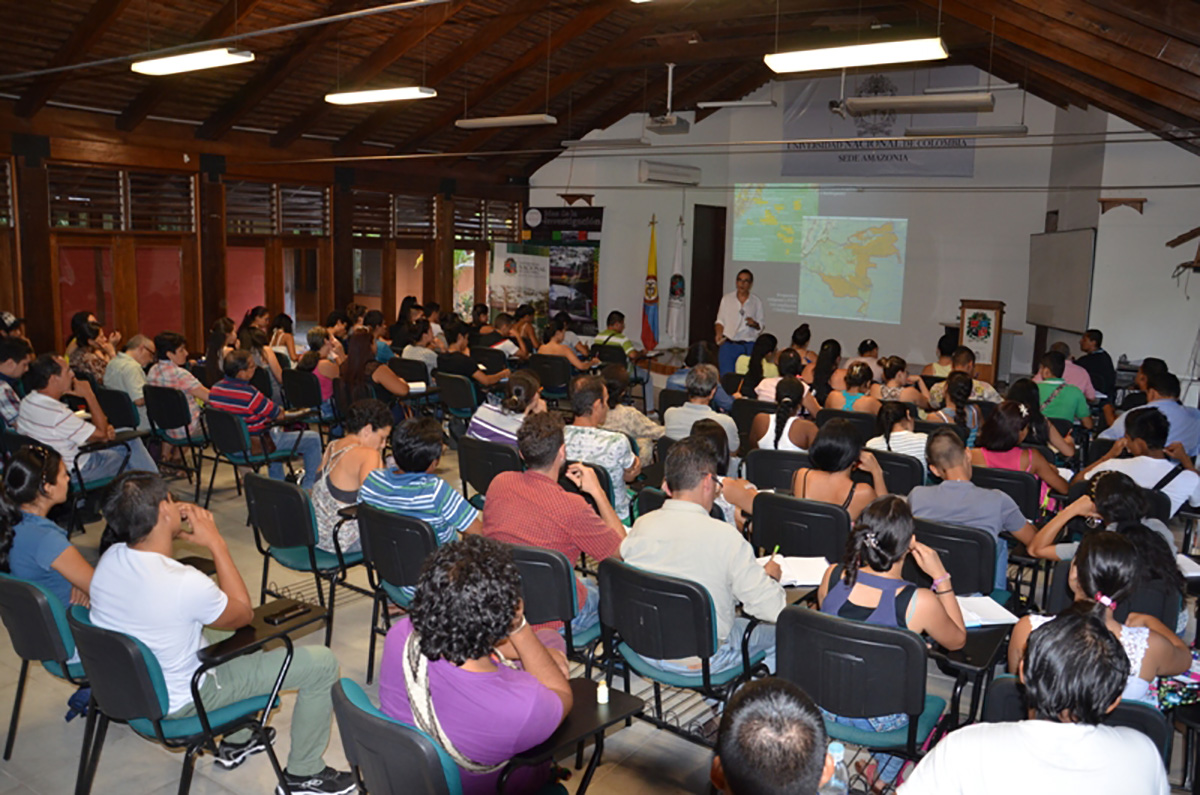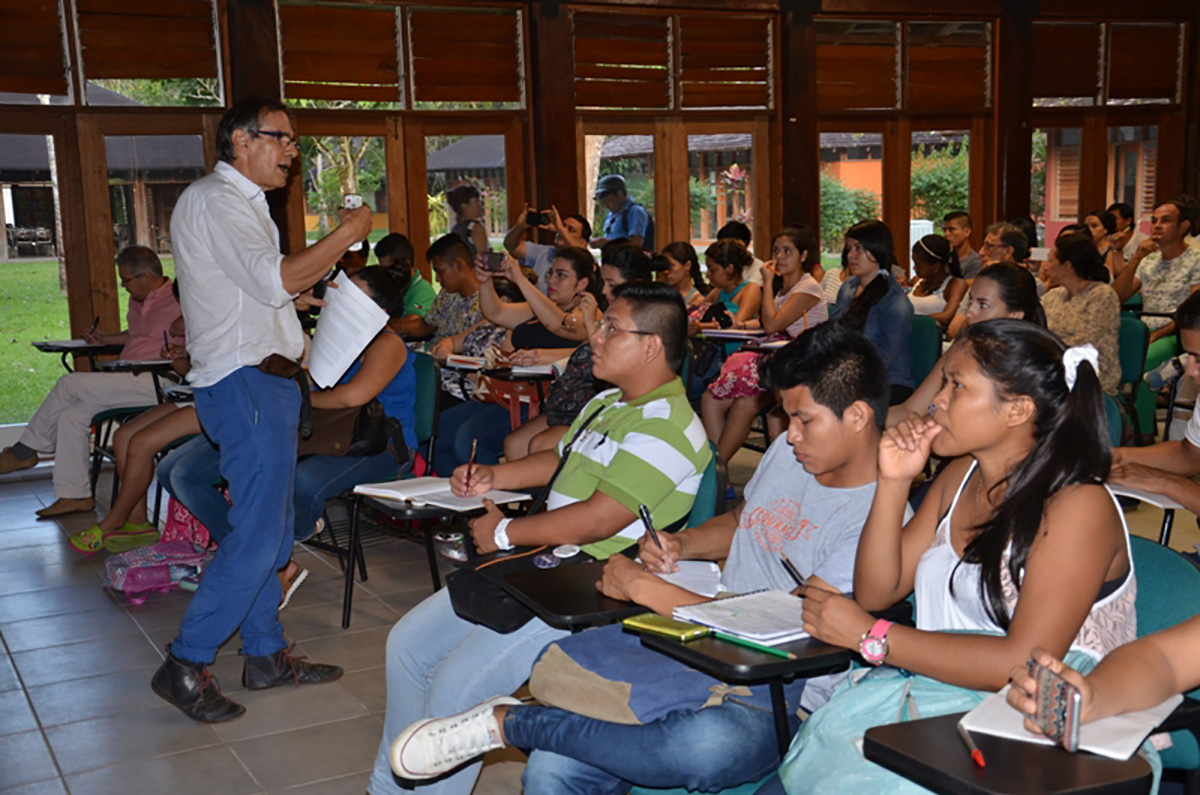As claimed by Universidad Nacional de Colombia (UNal) Amazonia Professor Juan Álvaro Echeverry, in highlighting the importance of integrating to the Amazon protection mechanisms this vision of the native communities.
During his academic period inaugural speech he spoke about the indigenous vision of the Amazon jungle through a research project carried out with the Féénem"naa indigenous community (formerly known as the Muinane) of the Caquetá Province (Predio Putumayo Community).
In words of Féénem"naa elders: "Life is what defines and foundation of our concept of territory. For us territory is not simply a piece of land which may be sold or exploited, it is first and foremost, life provided to us by Fíívo taadi, the grandfather creator. He provides the bases of humanity, the bases of the owners of the animals and mythology and left us a law to manage which is not the law of man, but a law which emerges from life itself. This life and law come from the making of the world and is sacred: it is the origin of life."
This presentation was carried out during the Conference on Indigenous Territoriality and the applicability of REDD+ (United Nations Reducing Emissions from Deforestation and Forest Degradation Program) in the Colombian Amazon.
Students, professors and governmental authorities as well as indigenous representatives participated in the event.
During the event they recalled deforestation and climate change topics which are very relevant topics in the world political agenda. The New York Declaration of Forests signed by 32 countries in 2014, where they promised to reduce loss of natural forests to half by 2020 and end it completely by 2030 was also mentioned.
Colombia is part of this commitment and the Global 20-20 program. The reduction commitment is very ambitious with a deforestation rate of approximately 20 hectares (49.4 acres) a year (most in the Amazon).
For this they announced the Amazon Vision 2020 Program which has the support from Germany, Norway, and the UK as ratified by the 2015 United Nations Climate Change Conference, carried out in Paris, also known as the COP 21.
Signing these agreements contradicts the stated intention of the Colombian government to speed up the economic development of the country at the expense of forests and other natural resources such as minerals, and hydrocarbons, many of which are in the same areas they profess to protect. Besides these threats, they highlight others such as expanding monocultures for agro-fuels and installing high-impact infrastructures such as the IIRSA road network.
Intensifying these environmental protection policies and enlarging natural parks (as the Chiribiquete Natural Park) is a response to the intention of creating a natural capital in the world services market and particularly in the carbon markets through REDD+ compensation mechanisms.
Echeverri said that nature is not a resource. The jungles, trees and animals have owners which they establish relationships according to the law of the source.
Projects such as Vision Amazonia 2020, on the contrary, plan to adopt"without reserve and critical postures" mechanisms such as REDD+, which vision reduces the forest to a repository of carbon that may be negotiated in the world environmental services scenario.
 Correo Electrónico
Correo Electrónico
 DNINFOA - SIA
DNINFOA - SIA
 Bibliotecas
Bibliotecas
 Convocatorias
Convocatorias
 Identidad UNAL
Identidad UNAL



